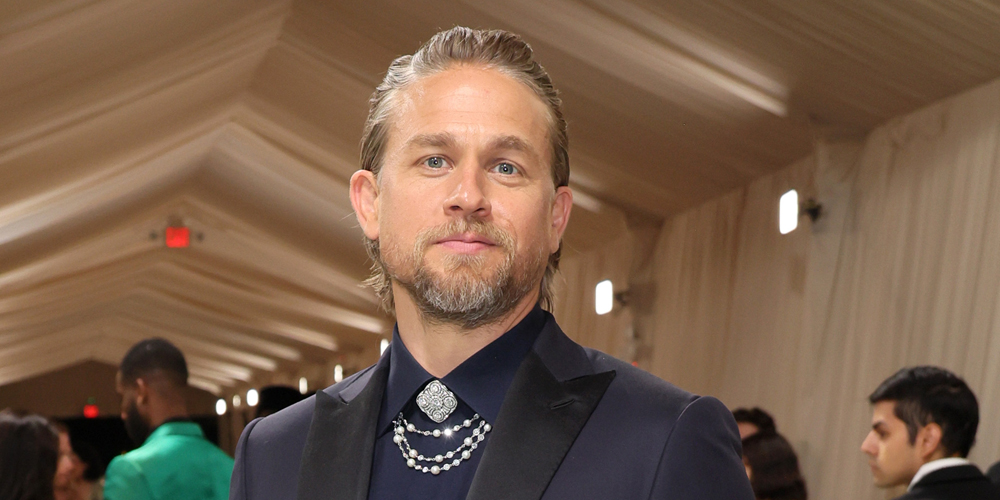ARTICLE AD
Heading into a Netflix presentation this morning, top Hollywood agents and managers were expecting to get clarity on the long-rumored plans by the streamer to change the way they pay talent. Instead, they were treated to stats and general information about the size of Netflix’s global audience, what constitutes a hit, how the streamer supports breakouts and its impact on music, social media — and people’s lives.
Endeavor CEO Ari Emanuel, in his signature blunt style, spoke for everyone in the room when he got up toward the end and asked, “When are you going to talk about backend and how you are going to f*ck us?”
Likely prepared for the question, Netflix’s Chief Content Officer Bela Bajaria would not give an answer, instead jokingly sending reps to her top TV executive, UCAN Scripted Series Head Peter Friedlander, adding that she was not going to address the issue today. (She opened the event with another joke, “Don’t believe everything you read in the press,” possibly referring to Deadline’s story about the expectation among agents and managers that the topic of compensation would be discussed given the fact that the gathering included top-level Hollywood agents and managers.)
I hear Range Media Partners CEO Peter Micelli was among other reps who asked a business-related question but Bajaria, who gave the presentation alongside Chief Marketing Officer Marian Lee and Olivia De Carlo, Director of Title Merchandising, did not engage.
“It was a total waste of time,” one attendees said, a sentiment repeated by others, with one calling the event “a complete nothing-burger” and another arguing that there was nothing said on stage today that they already had not heard in general meetings with Netflix executives or in press releases.
According to sources, the presentation was also similar to the one Netflix executives gave for reps a couple of years ago when a lot of the information was new. That is no longer the case, leaving many disappointed that they had schlepped to the Netflix headquarters in Hollywood for the roughly hourlong event.
“A lot of us thought it would be about money,” one person said.
Another mused about watching a group of agents who don’t like each other having to stand really close to each other in the lobby while waiting for the doors to open for the presentation and wondering if they would come to blows. That was not the case.
“It was a room full of high-level agents and managers, and they didn’t give us anything,” one person said. “It wasn’t even a sales pitch that clients should keep going to Netflix because they would make better deals, it was that they should keep going to Netflix because it is so dominant.”
Another person described the presentation as “a victory lap,” with Netflix rattling off a slew of big titles, from all-time successes like Squid Game to recent hits like Rebel Ridge.
Dominance was something that was hammered home throughout the presentation, starting with a slide about Netflix’s 280M subscribed which Bajaria said conservatively translates to 600M viewers, sources said. She spoke about programming for the masses, targeting different audiences with different programs as a general entertainment brand aiming to cater to everyone. Her remarks, including a joke about thinking about quality all the time because if people “don’t like a [Netflix] film or TV show, they just turn it off within minutes or worst go to Disney+,” echoed a presentation Bajaria and a couple of programming executives gave to selected press, including Deadline, at the same Tudum theater in February.
As Deadline has reported, Netflix is considering a new way to pay talent, rewarding them for creating hits, rather than relying on the cost-plus model that sees stars and other talent get paid a big number upfront with little backend.
While not addressing the elephant in the room, Netflix executive did explain again their value ratio of cost vs. viewership which they have been using to determine whether a show is a hit, using series, including the pricey — but very popular — Emily In Paris, which was just renewed, as examples.
Underscoring Netflix’s reach, they talked about how what they do is “influencing people’s lives,” one person said.
There was a portion about how Netflix markets shows, putting the streamer’s promo machine behind a surprise hit that starts to break out, giving Squid Game as an example, I hear. There was talk about how Netflix uses social media, its Tudum web site as well as the proverbial Netflix algorithm that suggests to a subscriber their next binge, and why one person’s screen looks different to another’s. (There was a remark about acquiring new subscribers not being a goal, with an emphasis put on engagement and retaining current subscribers, I hear.)
No real new information was provided in the way how Netflix measures its audiences, with more stats on the streamer’s focus on where people are watching in the world and the different windows, +2, +10, +28 days of viewing, that are being considered. As one person noted, “there was nothing illuminating.”
There was a pitch about how appearing on a Netflix movie or a TV show can skyrocket young actors’ social media presence and can get music licensed to a Netflix program soar on Spotify and other streaming sites.
That was all good, and the presentation was titled “Netflix Explained.”
Still, “it was just the wrong crowd for it,” one person said.
Peter White contribued to this report.

.png) 2 months ago
14
2 months ago
14 

